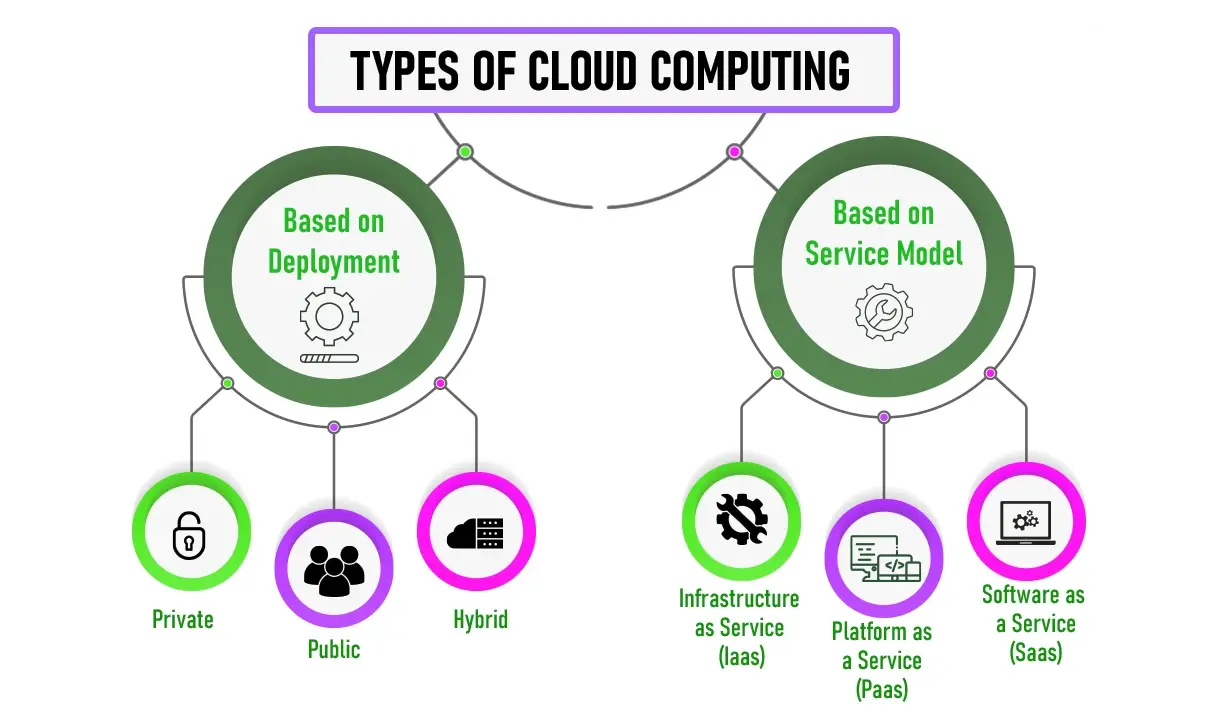
The financial statements of Liverpool Football Club indicate a net loss of £57 million for the fiscal year 2023-2024.
Liverpool Football Club incurred a pre-tax loss of £57 million for the fiscal year ending 31 May 2024, representing an increase of £48 million compared to the preceding twelve-month period.
Despite an annual pre-tax loss of £57 million reported by Liverpool Football Club for the fiscal year ending May 31, 2024, the club's overall revenue increased by £20 million to £614 million. Furthermore, commercial income rose by £36 million to £308 million.
This marks the first instance in which Liverpool has reported commercial revenue exceeding £300 million in its annual financial statements, primarily attributable to growth in partnerships and retail operations.
The 2023-2024 period encompassed Jurgen Klopp's final season as manager, during which the club secured the Carabao Cup, finished third in the Premier League, and reached the quarter-finals of both the FA Cup and the Europa League.
Chelsea's £1.5 billion spending spree has raised eyebrows.
Liverpool augmented its senior men's squad with four new players, incurring approximately £165 million in transfer fees for the acquisition of Alexis Mac Allister, Dominik Szoboszlai, Wataru Endo, and Ryan Gravenberch.
The absence of Champions League participation for the first time since the 2016-2017 season resulted in a £38 million decrease in media revenue, which fell to £204 million. This reduction was partially mitigated by increased Premier League media revenue, reflecting the club's improved on-field performance in 2023-2024 compared to 2022-2023, when they finished fifth and did not secure a major trophy.
The departure of Mr. Klopp and his staff entailed a payment of £9.6 million. The newly constructed Anfield Road Stand contributed to a £22 million increase in matchday revenue, which reached £102 million, reflecting a higher number of competitive matches held at the stadium.
Notwithstanding the revenue growth, administrative costs increased by £38 million to £600 million, primarily due to rising salaries and overhead expenses. The club reported that matchday costs have risen by nearly 80% over the past eight years, while staff costs have increased by 86% to £386 million since 2018.
“Maintaining the financial sustainability of the club remains our paramount objective, and in light of escalating costs, it is imperative to achieve year-on-year growth in income streams to ensure financial stability,” stated Jenny Beacham, the club’s Chief Finance Officer.
Liverpool, currently under the management of Arne Slot and leading the Premier League, generated 1.5 billion social media fan engagements and achieved a record increase of 37 million followers across its social media platforms. According to Brand Finance's 2024 report, Liverpool possesses the strongest brand among Premier League clubs.
“The global appeal of this football club continues to be exceptional, and it represents the fundamental strength and opportunity for sustained growth,” Ms. Beacham concluded.
Leave a comment
Your email address will not be published. Required fields are marked *


